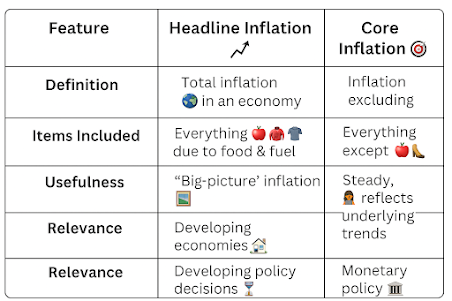✴️National Food Security Mission:
- Get link
- X
- Other Apps
✴️National Food Security Mission:
👉It was launched in 2007, as a Central Sector Scheme (CSS) to increase food production and productivity through area expansion and productivity enhancement interventions in rice, wheat, pulses, oilseeds, etc.
⚜️National Food Security Act
National Food Security Act, (NFSA) 2013
The basic concept of food security globally is to ensure that all people, at all times, should get access to the basic food for their active and healthy life and is characterized by availability, access, utilization and stability of food.
👉The Act legally entitles upto 75% of the rural population and 50% of the urban population to receive subsidized foodgrains under Targeted Public Distribution System. About two thirds of the population therefore is covered under the Act to receive highly subsidised foodgrains.
- Get link
- X
- Other Apps



Comments